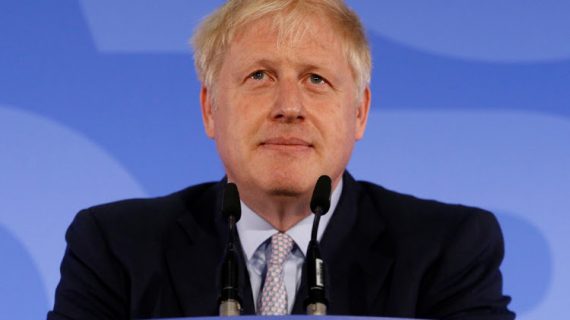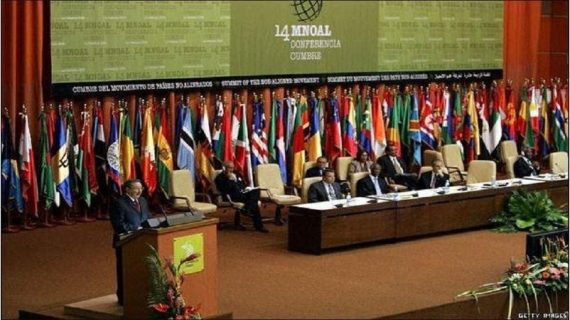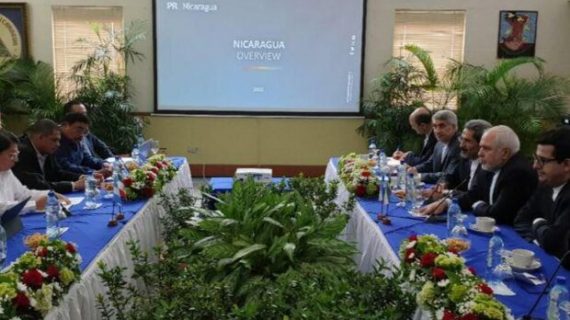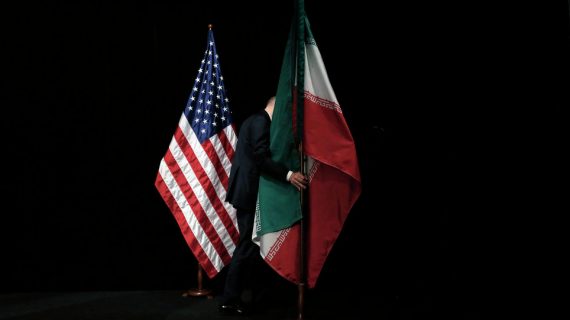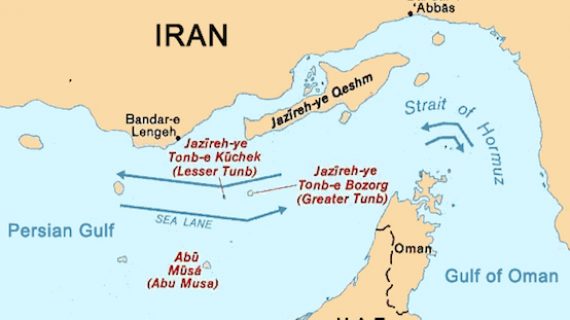EU Moves to Block US Sanctions Against Iran
The European Commission said in a statement it had launched the formal process to activate the Blocking Statute by updating the list of US sanctions on Iran falling within its scope
The Blocking Statute forbids EU companies from complying with the extraterritorial effects of US sanctions, allows companies to recover damages arising from such sanctions from the person causing them, and nullifies the effect in the EU of any foreign cou
Reported by HPMM Group according to FINANCIAL TRIBUNE ; The European Commission said on Friday it had started the process of renewing a sanctions-blocking measure to protect European businesses in Iran, after the United States pulled out of the Iran nuclear accord and reimposed sanctions on Tehran.
The commission said in a statement it had “launched the formal process to activate the Blocking Statute by updating the list of US sanctions on Iran falling within its scope”, referring to an EU regulation from 1996.
According to the European Commission’s Friday press release, the Blocking Statute forbids EU companies from complying with the extraterritorial effects of US sanctions, allows companies to recover damages arising from such sanctions from the person causing them, and nullifies the effect in the EU of any foreign court judgments based on them.
The aim is to have the measure in force before 6 August 2018, when the first batch of US sanctions take effect. It was developed when the United States tried to penalize foreign companies trading with Cuba in the 1990s, but has never been formally implemented.
EU officials say they are revamping the blocking statute to encompass US President Donald Trump’s May 8 decision to revive Iran-related sanctions, after the expiry of 90- and 180-day wind-down periods, including sanctions aimed at Iran’s lifeblood oil sector and transactions with its central bank.
The commission said the EU measure would come into force within two months, unless the European Parliament and EU governments formally reject it, but that it could also be activated sooner if there was strong political support.
Once Iran’s top trading partner and its second-biggest oil customer, the EU has sought to pour hundreds of billions of euros into the Islamic Republic since the bloc, along with the United Nations and United States, lifted blanket economic sanctions in 2016 that had hurt the Iranian economy.
Iran’s exports of mainly fuel and other energy products to the EU in 2016 jumped 344% to €۵٫۵ billion compared with the previous year.
EU investment in Iran, mainly from Germany, France and Italy, has jumped to more than €۲۰ billion since 2016, in projects ranging from aerospace to energy.
> Acting on 4 Fronts
Apart from having launched the formal process to activate the Blocking Statute, the European Commission said on Friday it acted on three other fronts as follows:
– It launched the formal process to remove obstacles for the European Investment Bank to decide under the EU budget guarantee to finance activities outside the European Union in Iran. This will allow EIB to support EU investment in Iran and could be useful in particular for small- and medium-sized enterprises. All relevant rules and procedures will apply to individual financial operations.
The European Parliament and council will have a period of two months to object to these measures, once proposed, before they enter into force. This period can be shorter if both institutions signal their non-objection before the end of the period. The processes can be ended if political circumstances no longer justify the adoption of the measures.
– As confidence-building measures, the commission will continue and strengthen the ongoing sectoral cooperation with, and assistance to, Iran, including in the energy sector and with regard to small and medium-sized companies. As a first step, Commissioner for Climate Action and Energy Miguel Arias Canete will travel to Tehran already this weekend. Financial assistance through the Development Cooperation or Partnership Instruments will also be mobilized.
– The commission is encouraging member states to explore the possibility of one-off bank transfers to the Central Bank of Iran. This approach could help Iranian authorities to receive their oil-related revenues, particularly in case of US sanctions that could target EU entities active in oil transactions with Iran.
> 9-Point Economic Plan
The European Union on Tuesday launched work on a nine-point economic plan to keep the Iran nuclear deal alive after the abrupt withdrawal of the United States.
Europe is scrambling to come up with ways to persuade Iran to stick with the landmark 2015 agreement despite US President Donald Trump ditching it a week ago, AFP reported.
Tehran has warned it is prepared to resume “industrial-scale” uranium enrichment “without any restrictions” unless Europe can provide solid guarantees that it can maintain the economic benefits it gained from the nuclear agreement despite Washington reimposing sanctions.
Iranian Foreign Minister Mohammad Javad Zarif met EU foreign policy chief, Federica Mogherini, and his counterparts from Britain, France and Germany—the three European signatories to the pact—in Brussels on the last leg of a whirlwind diplomatic tour that also took in Russia and China, the two other signatory nations.
Mogherini said EU experts were aiming to come up with concrete proposals in the coming weeks on nine key issues, including ensuring Iran could sell its oil and gas products and have access to international finance.
“I believe it’s a good start. We’re not there; we’re beginning the process,” Zarif told reporters after the talks.
But he warned that Tehran expected to see progress towards the guarantees it wants “within the next few weeks”.
Mogherini acknowledged the enormous challenge of finding a way around US sanctions punishing businesses trading with Iran, which apply all around the world.
“We know it’s a difficult task but we are determined to do it and we have started to work to put in place measures that help ensure this happens,” she told reporters.
“EU experts have already started work on measures to get around US sanctions on Iran.”
Their efforts, according to European External Action Service, focus on nine key areas as follow:
– Maintaining and deepening economic relations with Iran;
– The continued sale of Iran’s oil and gas condensate products, petrochemicals and related transfers;
– Effective banking transactions with Iran;
– Continued sea, land, air and rail transportation relations with Iran;
– The further provision of export credit and development of special purpose vehicles in financial banking, insurance and trade areas;
– The further development and implementation of memoranda of understanding and contracts between European companies and Iranian counterparts;
– Further investments in Iran;
– The protection of EU economic operators and ensuring legal certainty;
– Further development of a transparent, rules-based business environment in Iran.


